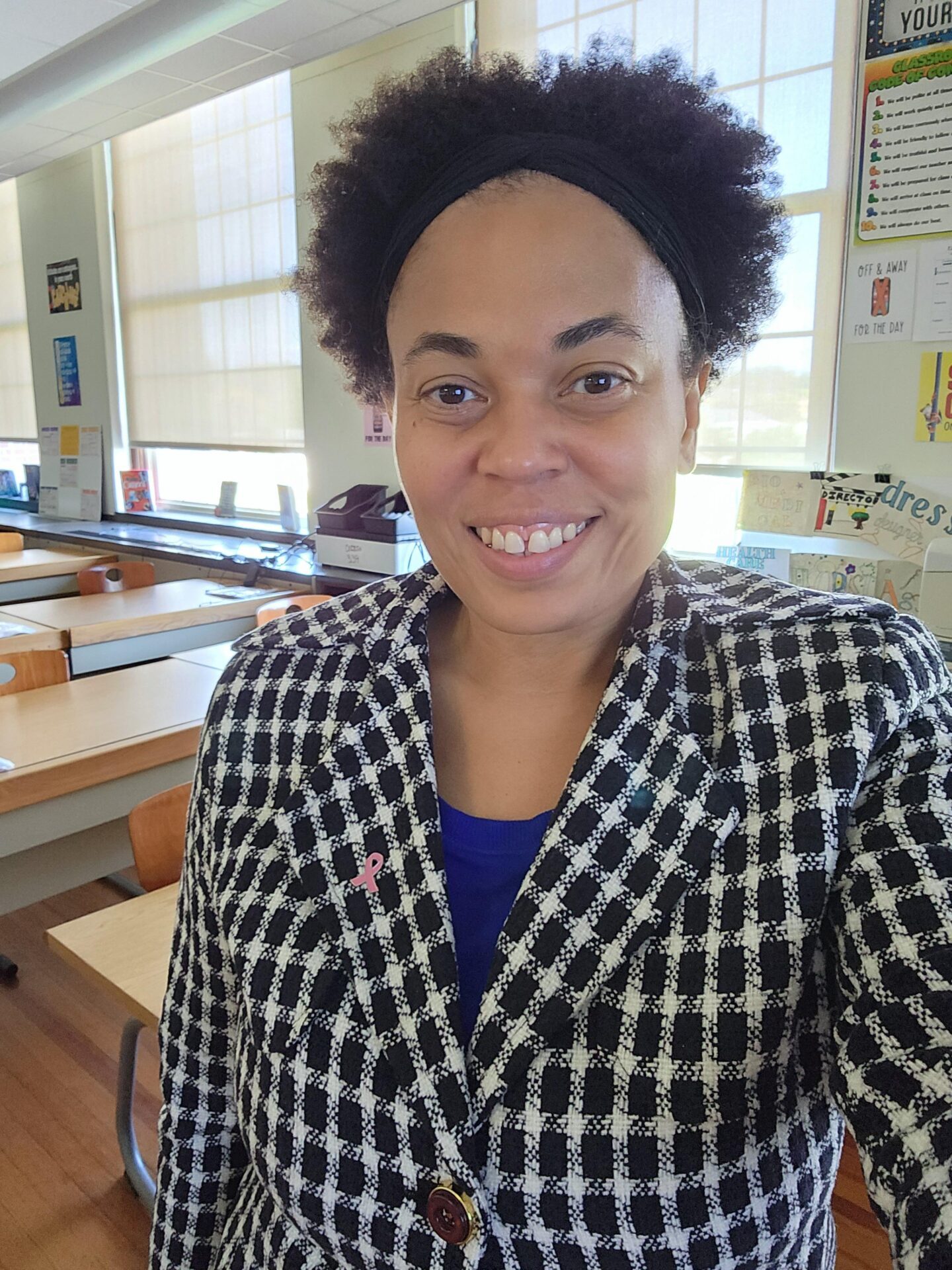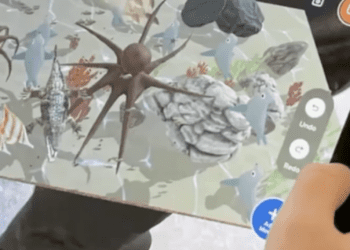What kind of skills are needed for your career? Does your position require strong communication skills, knowledge of software, efficient teamwork, or an understanding of machinery? While these skills are strengthened over time, the journey starts with exploring career options and considering which path is most interesting!
Here to share how she introduces career skills in her classroom and encourages her students to explore various careers is Delaware business educator, Heidi Corbin!

Heidi Corbin
Ms. Heidi Corbin, a native of Pittsburgh, PA, is a business education teacher serving students, families and the community of Wilmington, Delaware. She is currently in the 22nd year of her second career as an educator. She earned her Bachelor's of Business Administration from Temple University and worked in the finance, insurance, and banking industries prior to entering education. She has a Master of Arts in Education from Cabrini College, is a DEN STAR, and has taught science, math, English Language Arts, and creative writing in Pennsylvania and Delaware. When school is not in session, she is leading exercise classes as a certified fitness professional, participating in community activities and advising the Business Professionals of America (BPA) club.
The Importance of Career and Technical Education
Career & Technical Education is important for K-12 students because these classes help to connect core content classes such as English and math to real life lessons and situations. As students progress through different courses, it may be difficult for them to connect how these courses will prepare them for careers or even which career will be best for them. The moment to make a career choice is far off for middle school students, but that means starting to consider career options early just gives them a head start!
CTE programs give students a chance to explore careers that they might be interested in after graduation. The exploration lessons and curriculum give them insight into careers they may already be familiar with as well as careers they may not have been aware of. As a middle school teacher, I help to prepare students to possibly earn an official credential in a career field of interest through high school coursework.
Introducing Career Paths and Skills
I like to focus primarily on the talents and strengths of the individual student and how it can help them have a better understanding and comfort level when navigating various core classes. My students first take a learning styles quiz and a personality quiz. I reiterate that their answers should be true to their own likes and dislikes, not their friends or family or even teachers’ opinions. Their honest answers are then analyzed, and they get specific input on what career paths and/or industries may be a good fit for them. I’ve used a variety of personality and learning styles quizzes with my students, and the Myers–Briggs personality assessment is one of my favorites!
There are many “lightbulb moments” when students get an analysis of possible careers based on their honest input about their own likes and dislikes! More often than not, they are surprised since they are at an age where they have a more challenging time seeing themselves for who they are instead of trying to fit in.
One personality quiz created by Major Clarity gives insight into the student by offering percentages of how much the following categories relate to the student’s personality – Conventional, Social, Realistic, Investigative, Enterprising, Artistic. I remember one student being upset about having a high percentage for being “conventional.” However, after reading the category description, the student actually agreed with it!
The quiz also shared that conventional people (titled “Organizers”) like to work with data, have clerical or numerical ability, carry out tasks in detail, or follow through on others’ instructions. They often prefer precise, rule-regulated, orderly, and unambiguous activities and their traits often include conforming, efficient, practical, unimaginative, and inflexible. The quiz recommended a possible career path in legal services, education, and healthcare. This student was set on a career in nursing, but the quiz helped them come to an understanding of how legal services and education might be a match too. Learning a career in education could be a good fit was the biggest surprise for this student because as the student said to me, “I would never want your job!” This helped open a conversation about the other ways to be a part of the world of education, which led to another epiphany—that working in education doesn’t just mean teaching!
I educate students about career paths that will require various levels of education which can range from apprenticeship, certifications, two-year degrees, four-year degrees and so on. A four-year college degree is not the only way to reach success, and shining a light on careers that have different requirements can help students plan for a next step that is right for them. However, students don’t always know what type of formal training or schooling is required for careers they find interesting, so I offer information on careers spanning all types of training programs.
Career skills are infused into my lessons and curriculum via real-life simulations and questions of the day. Both give me insight into their level of understanding and how to further direct the learning and exploration. Offering students the chance to look “behind the scenes” on real-life careers can help them explore the limitless career possibilities that exist for them! From the new heights in aerospace innovation to the work being done to protect our waterways, there are many Discovery Education resources that help highlight career paths and skills!
Advice to Other Educators
For teachers just getting started, I would recommend the Career Profile videos, Interactives, Virtual Field Trips, and the investigative videos such as Calculating Different Types of Pay. There are also many Channels that focus on a wide variety of topics that may interest students and spark interest in a possible future career, like animals, music, and video games!
My advice to teachers planning career exploration lessons is to make it as authentic as possible. Utilizing virtual career field trips, videos from experts or even providing real-life simulations to connect school to the real world. Students can feel that the “real world” is so far away that it isn’t worth thinking about, but bringing the real world into the classroom can help make learning relevant and inspire student engagement!
I’ve found that financial literacy lessons that include real-life simulations give students insight into what comes with working, and don’t just focus on making an income or fun ways to spend the money they earn. Earning and budgeting money is a big part of being a successful adult with a career! One of my favorite lessons is a gift budgeting activity where students are given $300 to spend on five people. Students are required to find a total of five gifts (one gift per person) that fit into their budget—and no cash or gift cards are allowed to be gifted! These real-world scenarios also help students better understand why adults say “no” to buying items children may want in the moment and help them set their sights on the future!
Middle school students have many milestones to meet before they enter the workforce, but it all starts with exploring different careers! Finding ways to nurture your students’ interests and help them learn about skills needed to excel in their career of choice can set them up for success—and start their journey early!
The Delaware Department of Education (DDOE), DuPont (NYSE: DD), and Discovery Education have a first-of-its-kind partnership to help increase student access to high-quality STEM (Science, Technology, Engineering, and Mathematics) instructional resources, as well as instructional materials and other supports to enhance career and technical education programs across the state. The three-year partnership program directly supports the Delaware Pathways initiative — an innovative effort helping students develop the academic, technical, and employability skills needed for successful, in-demand jobs across Delaware.







